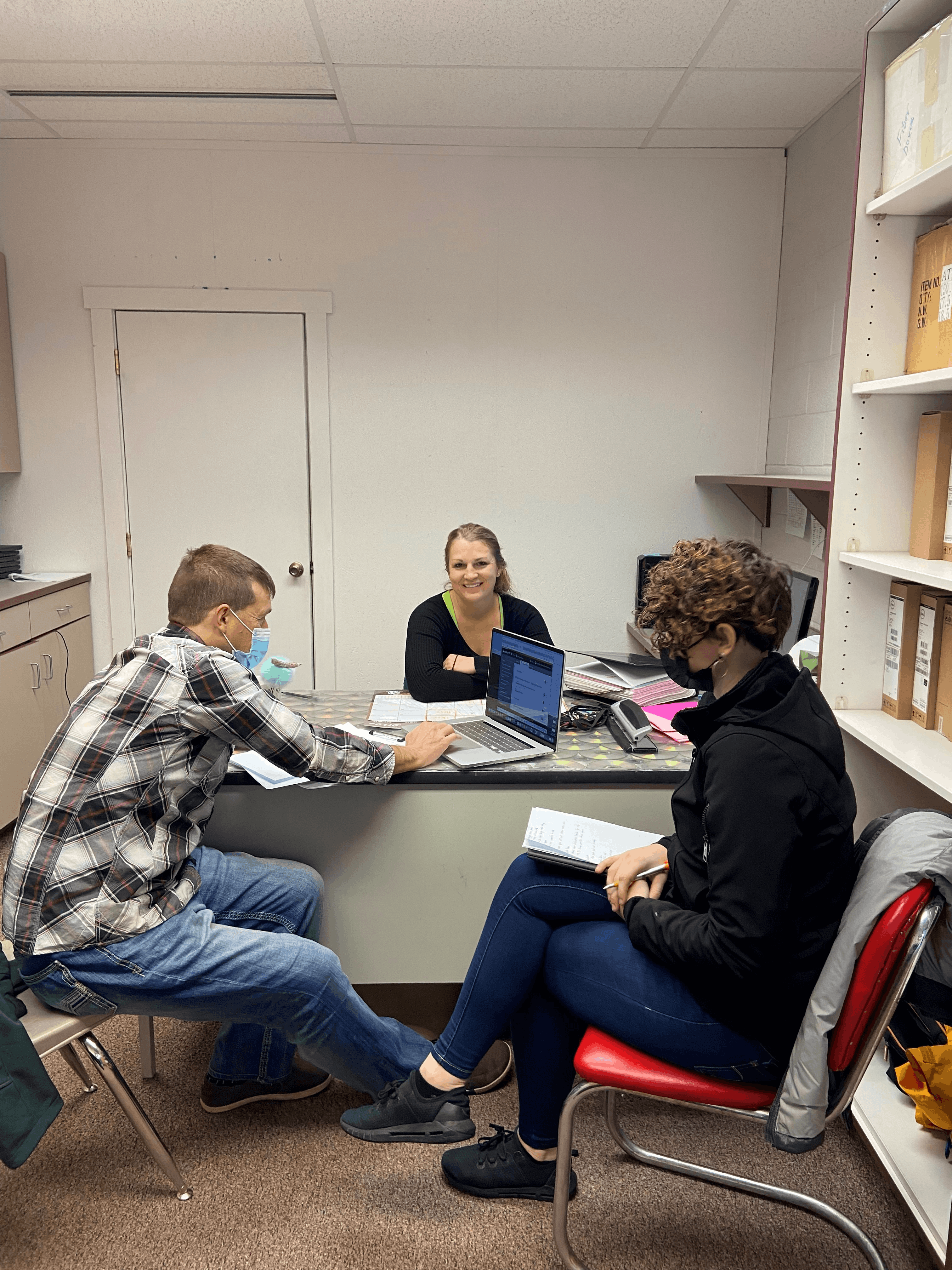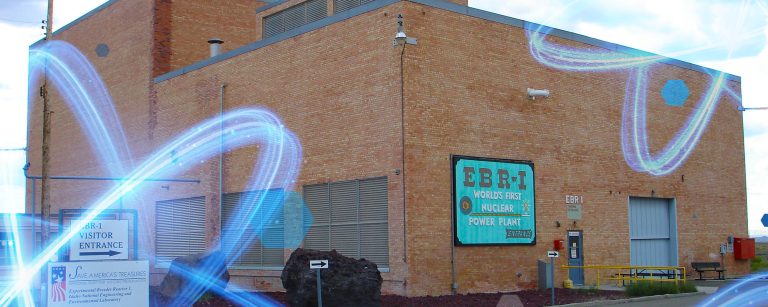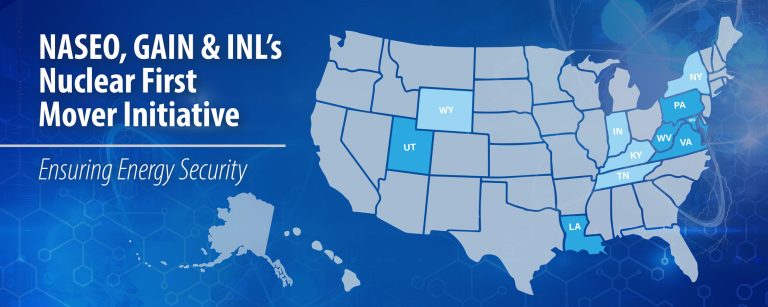Most of us have been impacted by a cyberattack, whether we know it or not. Cyber adversaries aren’t just targeting major players on the world stage anymore; they are coming for rural America. These attacks can result in ransomware demands, and victims often do not have the resources to meet these demands or to prevent these attacks before they occur.
This year, Idaho National Laboratory awarded one of its economic development grants to Boise State University’s Institute for Pervasive Cybersecurity.
“INL has a large and growing cybersecurity portfolio and this project from Boise State University fits nicely with INL’s mission,” said Marsha McDaniel, a senior advisor at INL. “It provides an opportunity to create awareness about cybersecurity in rural communities and introduce them to tools necessary to protect themselves.”
Two of Boise State’s goals in creating the Institute for Pervasive Cybersecurity were to help rural communities understand the risks from potential attacks, and to give students real-world experience, allowing them to put their knowledge into practice. “Our threat landscape has changed as adversaries create enhanced economic networks of affiliates that buy and sell exploits and profile information of available targets on the internet,” said Edward Vasko, the institute’s director.

The institute has advised many communities, including the city of Arco. The group focused particularly on the Butte County School District. Unfortunately, schools have become one of the popular targets for cyber criminals, as their systems store students’ personal information, which can be used for clean credit lines. Butte County School District Superintendent Joe Steele was excited about the opportunity to work with the institute. “As a small district, our budget is limited. We have insurance, but paying the bad guys is not a good use of the policy,” Steele said. “I want our students and staff to be free from any kind of attack, so their learning experience is healthy and safe.”
Vasko said the experience was just as beneficial for Boise State University’s students.
“Our students are used to seeing and interacting with some of the latest technologies available,” Vasko said. “They’ve been able to realize the technology gaps that exist in our rural communities, and this has demonstrated to our students the real-world issues at hand and enabled them to start considering solutions.”
For Butte County, working with these students brings peace of mind and new knowledge that will enhance their security.
Facilitating this change with grants has a tremendously positive impact on INL as well. One of INL’s key mission areas is protecting critical infrastructures, a skill set that increasingly requires the kind of cyber talent that Boise State’s program is developing.
“As surrounding communities grow their strengths in cybersecurity, that increases opportunities to spark rural innovation, which is one of our goals in the economic development program,” McDaniel said.
The deadline for upcoming grant requests is Friday, Dec. 17 at 5 p.m. MST. Applicants must be 501(c)(3) nonprofit entities.
Grant applications must be submitted online at this link. For more information, visit INL’s Economic & Workforce Development website.





